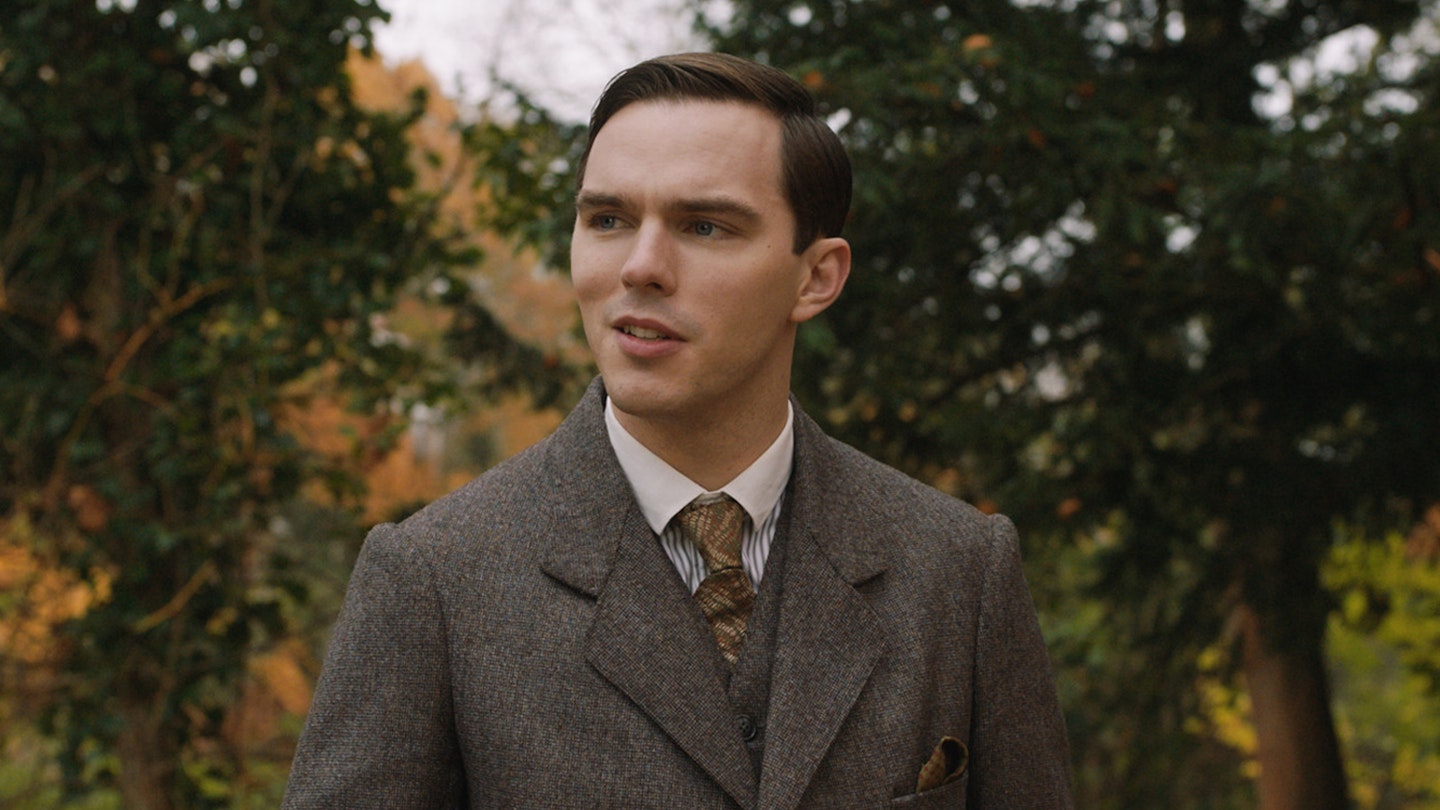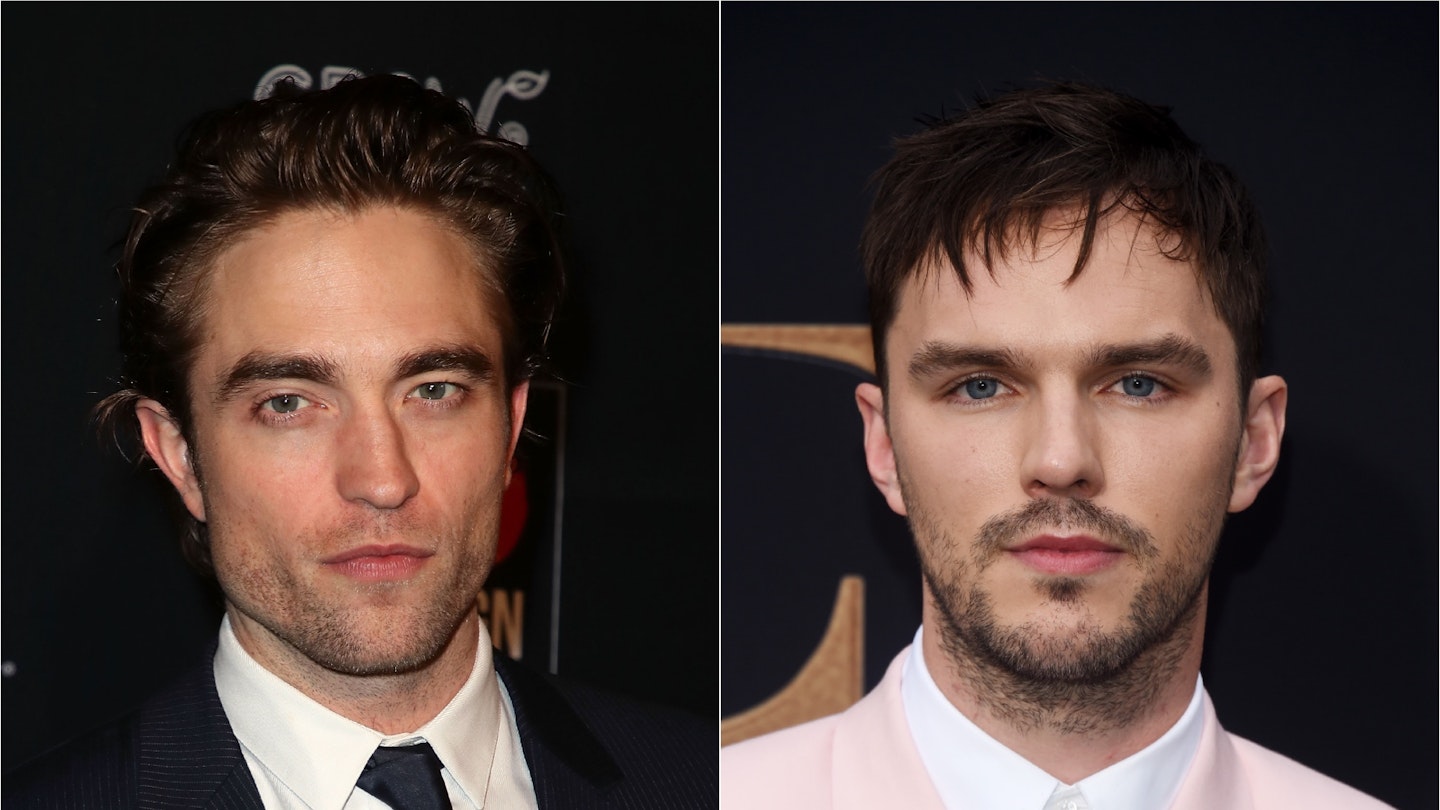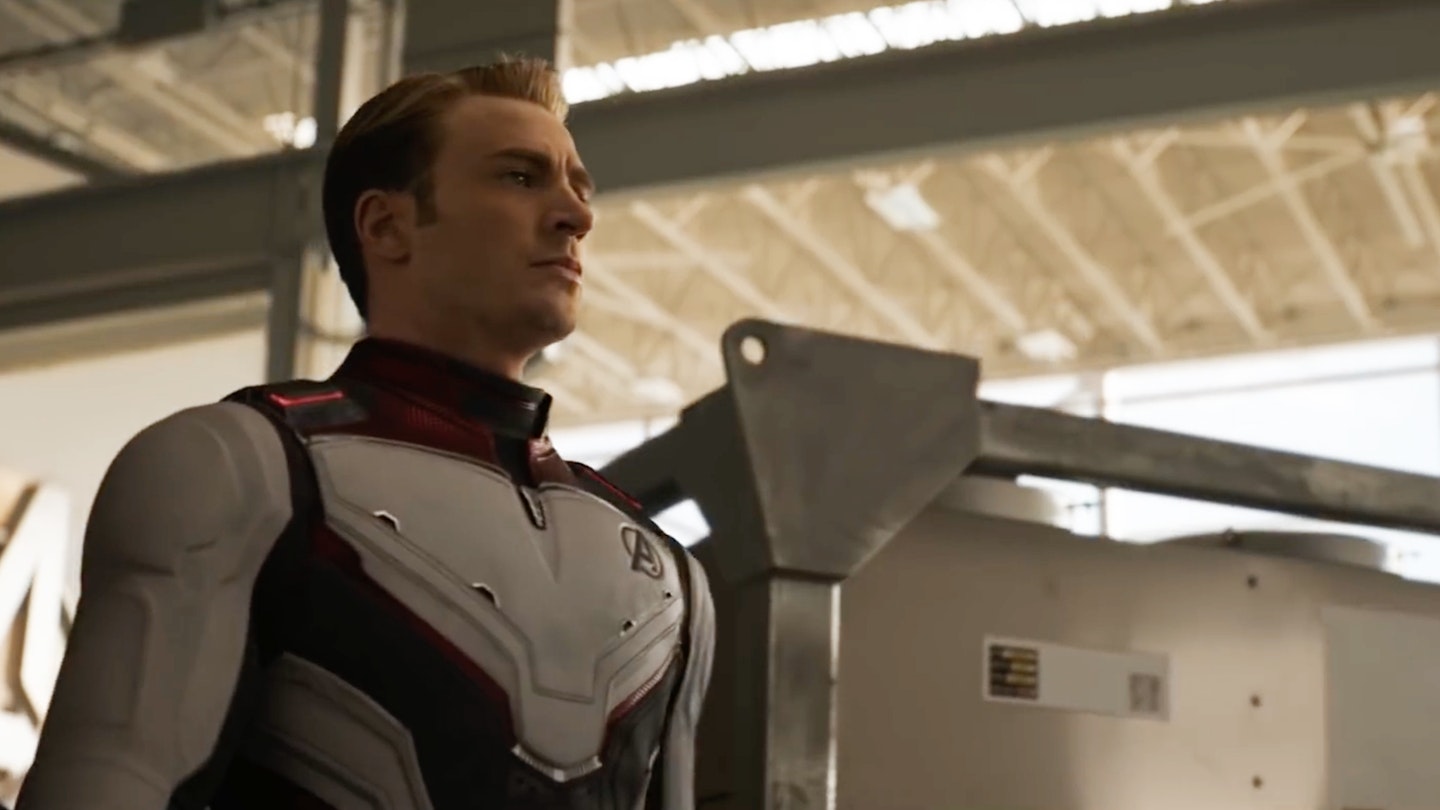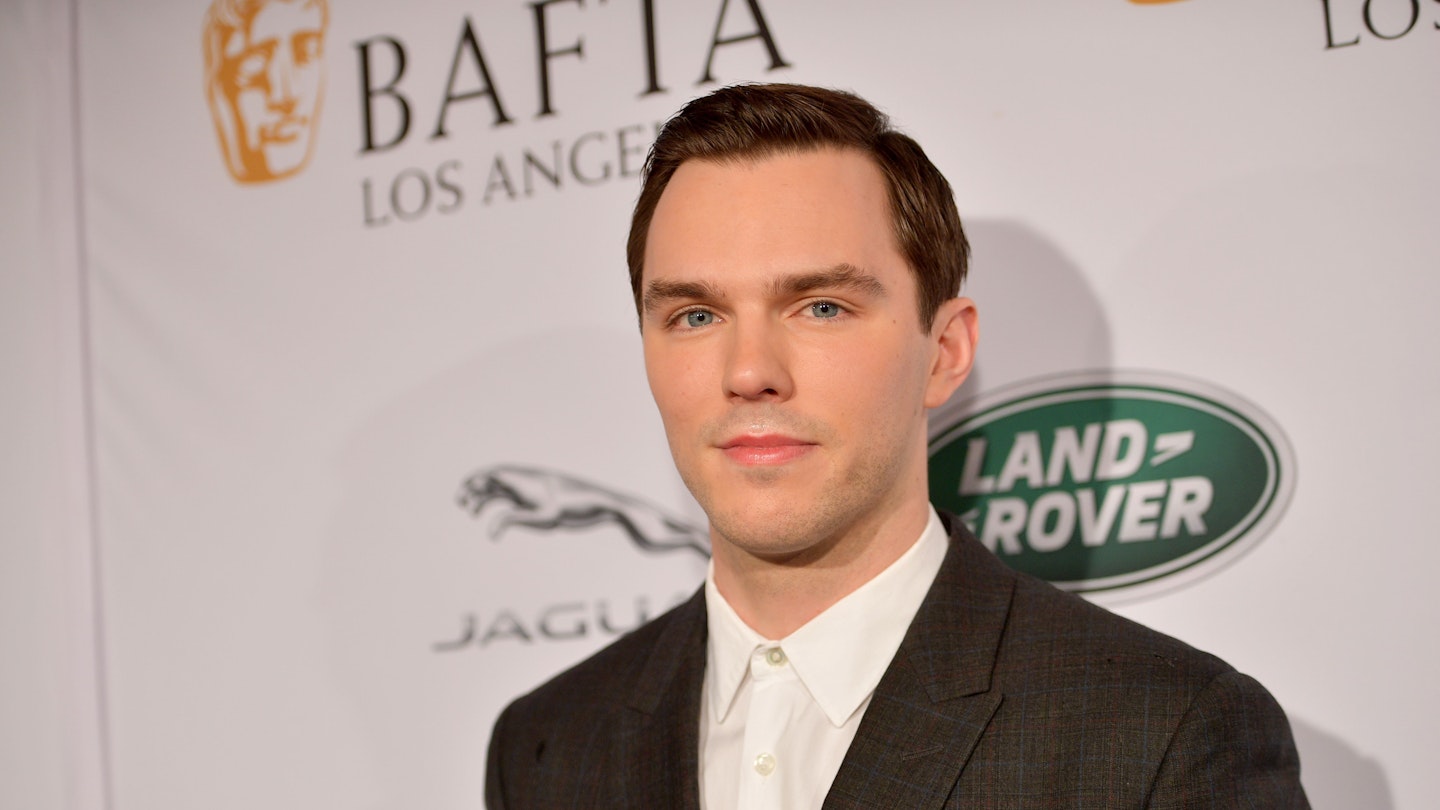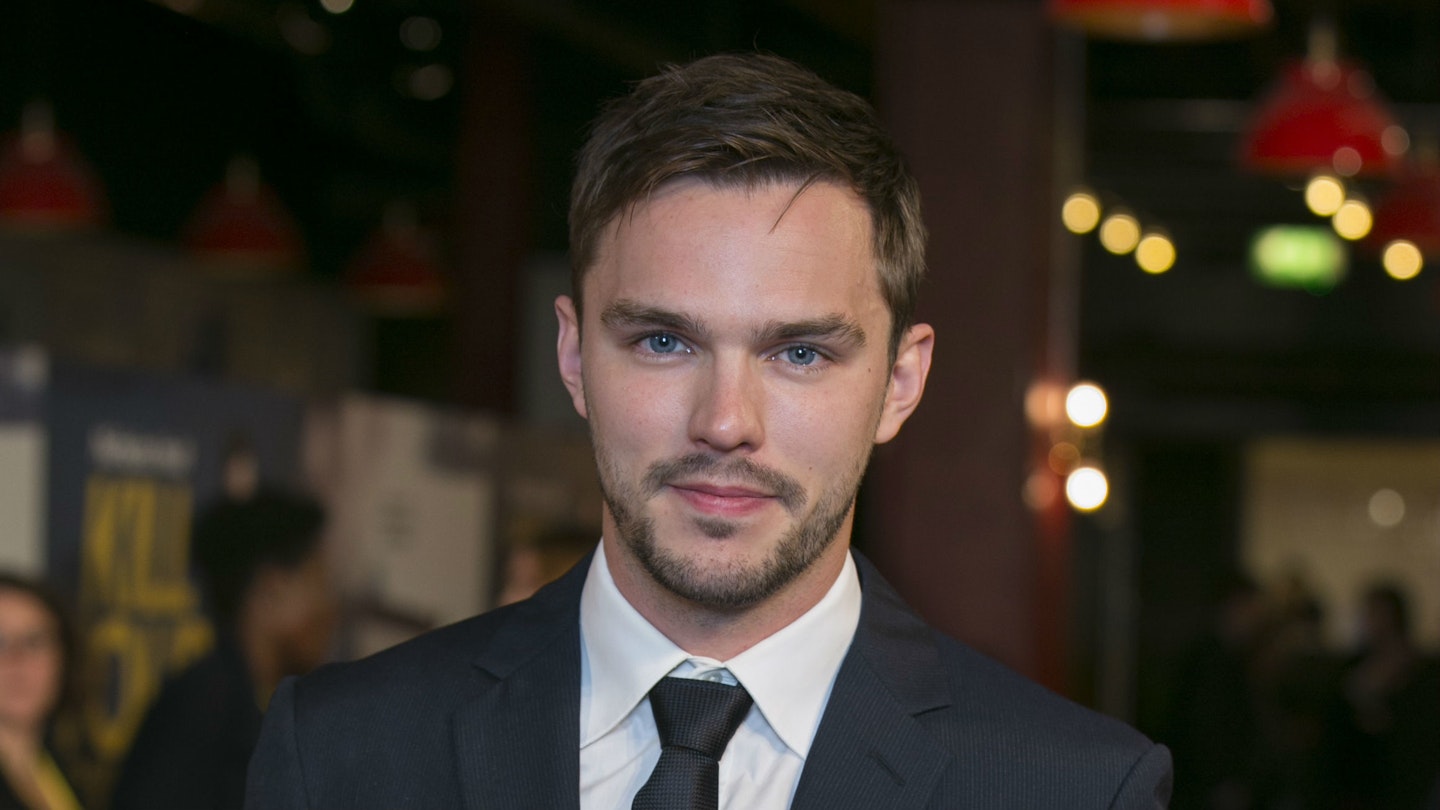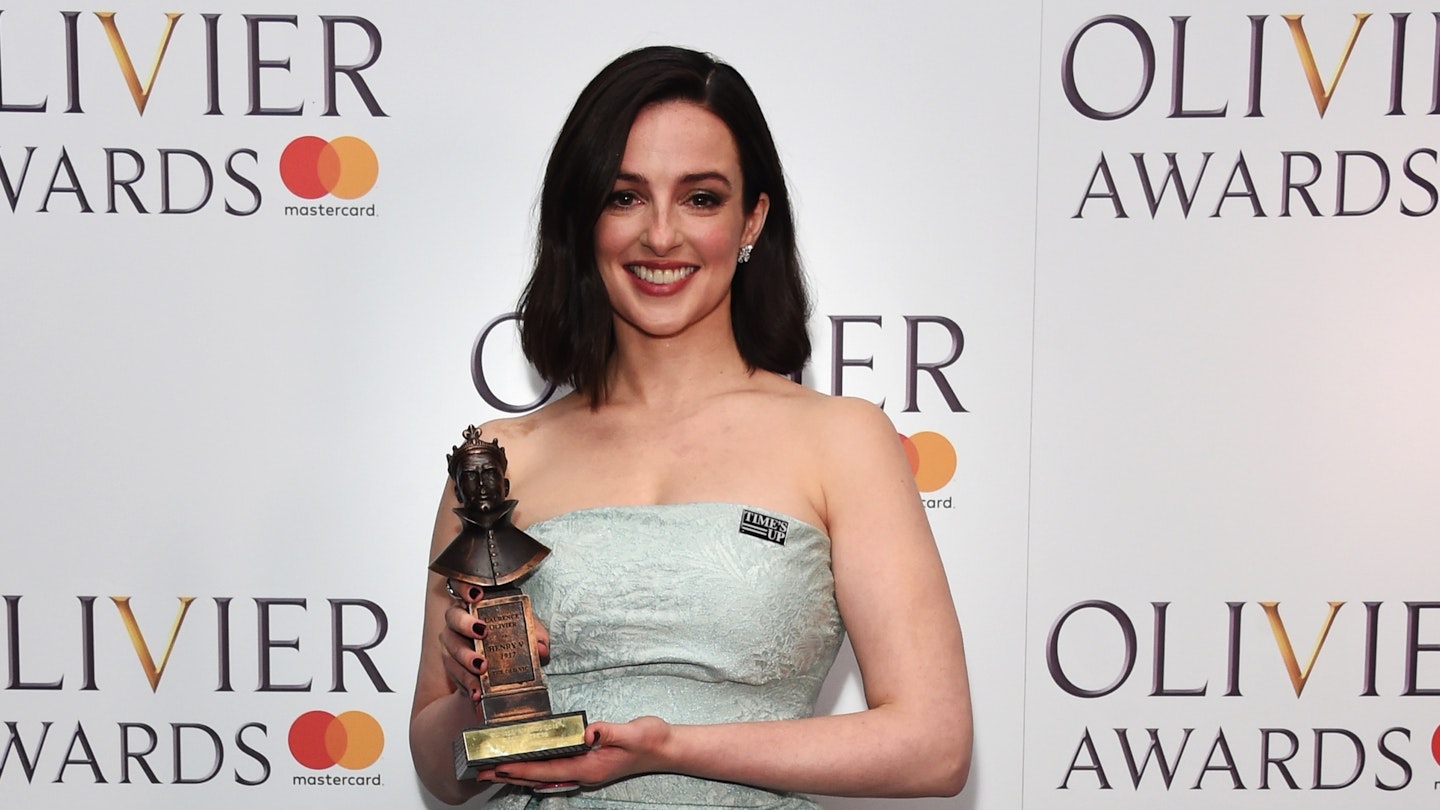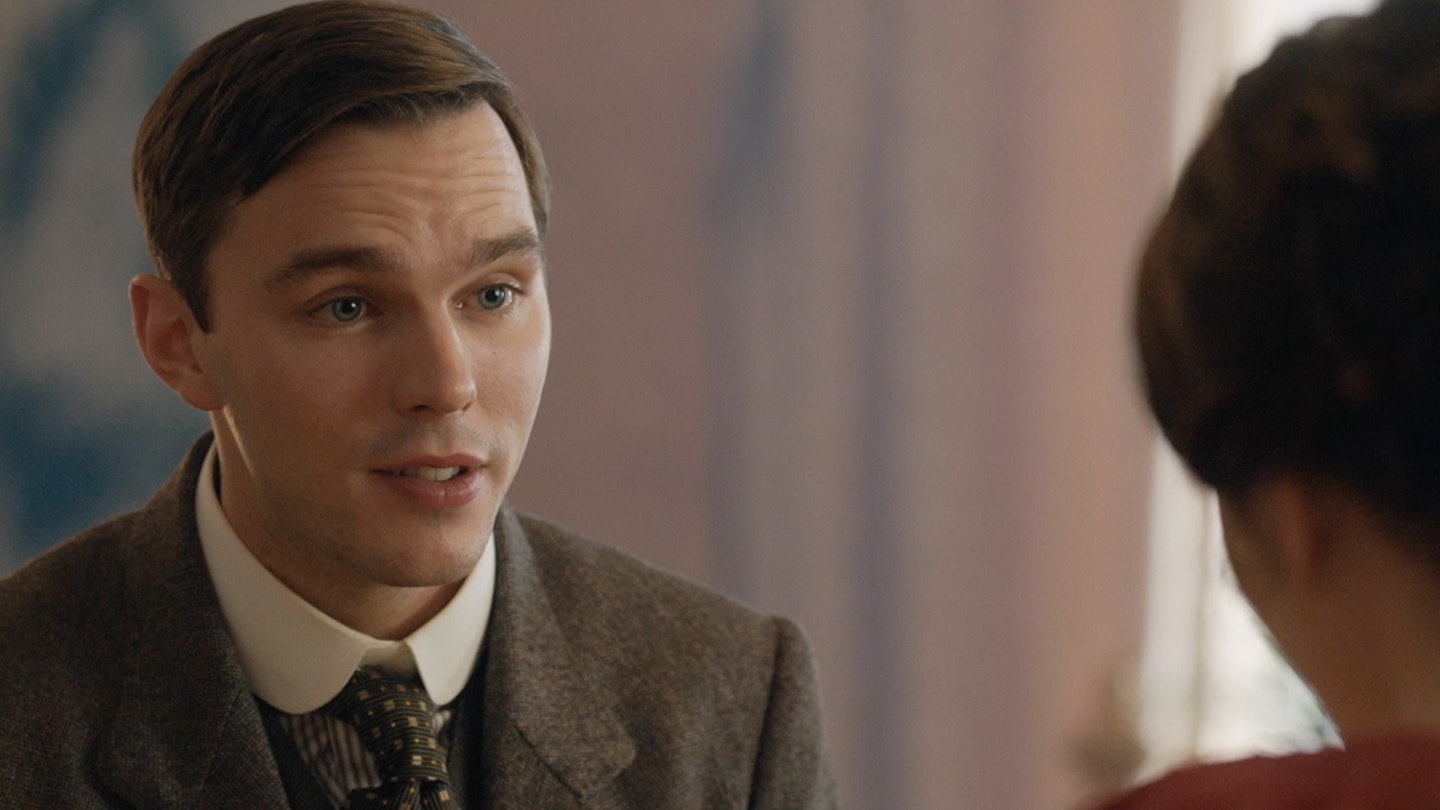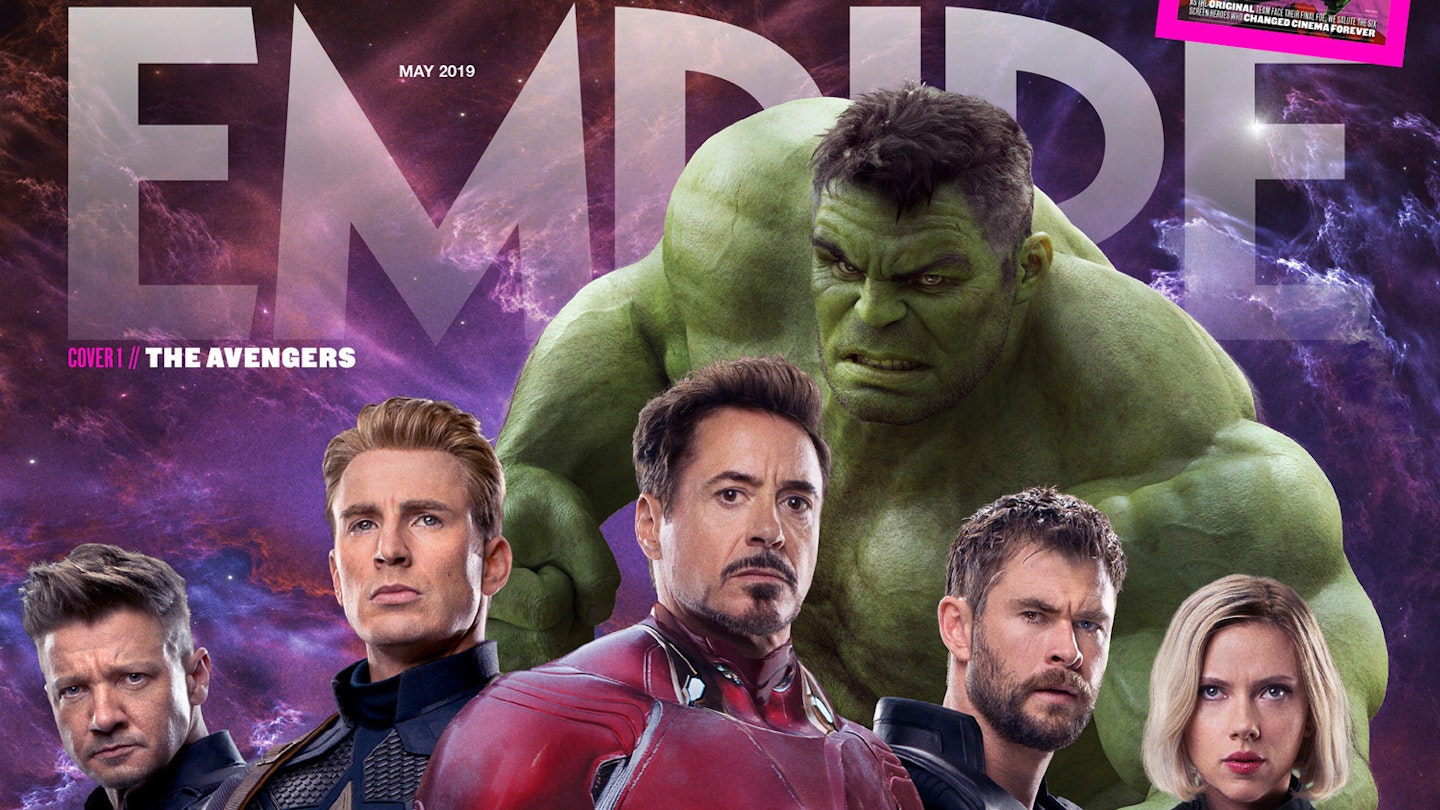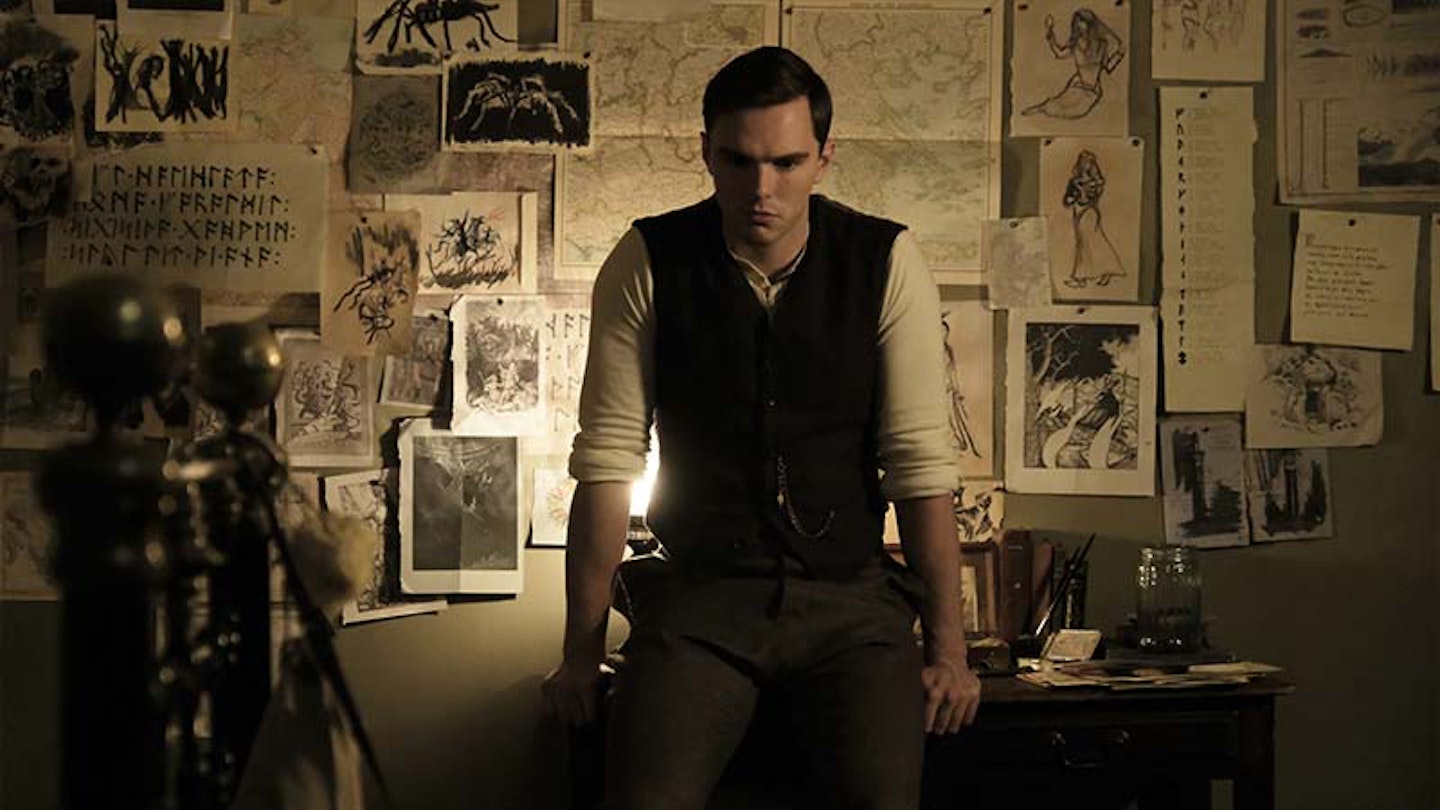He’s sold more than 250 million books in over 56 languages, and is the genius at the heart of cinema’s most beloved fantasy franchise. Countries from Holland to Canada have streets named after him. So it’s quietly remarkable that Dome Karukoski’s Tolkien (pronounced ‘Tolkeen’, as we are told several times) should be the first biopic of J.R.R. But so it is, and his film goes some way to debunking the popular image of a fusty old academic swapping pithy insights with C.S. Lewis over ale in Oxford’s Eagle And Child pub.
With the similarly sweeping biopic Tom Of Finland on his CV, the Finnish director’s focus is mainly Tolkien’s (Hoult) early years, from his childhood with brother Hilary in a Birmingham orphanage (Tolkien here played by Harry Gilby) to his days studying at Oxford university — first Classics but then, significantly, English under an enthusiastic linguist (Derek Jacobi on eccentric, avuncular form). Within this narrative are explored three interlinked themes: first is one of friendship, as Tolkien forms lasting bonds with fellow pupils in boisterous scenes that recall the thirst for art and life in Dead Poets Society; second is one of love, the young Tolkien falling for fellow boarder Edith (an engaging Collins), a romance that is pure and enduring; and the third one of creative endeavour, as Tolkien evolves from academic to author, not always an easy transition. It is no coincidence, the film makes relentlessly clear, that the first two feed so neatly into his eventual huge success in the third.
The more traditional biography feels somewhat pedestrian.
Yet within this linear life story are cross-cut harrowing scenes from Tolkien’s brutal experiences on the battlefields of the Somme during World War I. This is where Karukoski’s film particularly impresses, raging flames transforming into dragons and monsters, death never more than moments away. The clear thesis is that Tolkien’s experiences as a soldier led directly to The Lord Of The Rings, and credit to cinematographer Lasse Frank Johannessen and VFX supervisor Rupert Davies that these moments soar close to the peril of Jackson’s epics. Credit also to Nicholas Hoult, who deftly handles this transition from Oxford hijinx and first love to the excoriating nightmares of the battlefield. It’s not a grandstanding performance, but a quietly assured one, conveying fear and desperation in a glance or stance.
Sadly, the more traditional biography feels somewhat pedestrian, and while Hoult and Collins work hard at the central love story, it doesn’t quite catch fire, seeming muted and somehow detached compared to the immediacy of war. The last act, John and Edith now married with a family of their own, sees the Rings parallels piled on thick and fast — there’s really no need for repeated references to “fellowship” and the like, and the clunky exposition is heavy-handed where Karukoski’s touch had previously been sure. Still, it’s a well acted, enjoyable biopic that sheds overdue light on an until now rather shadowy figure.
